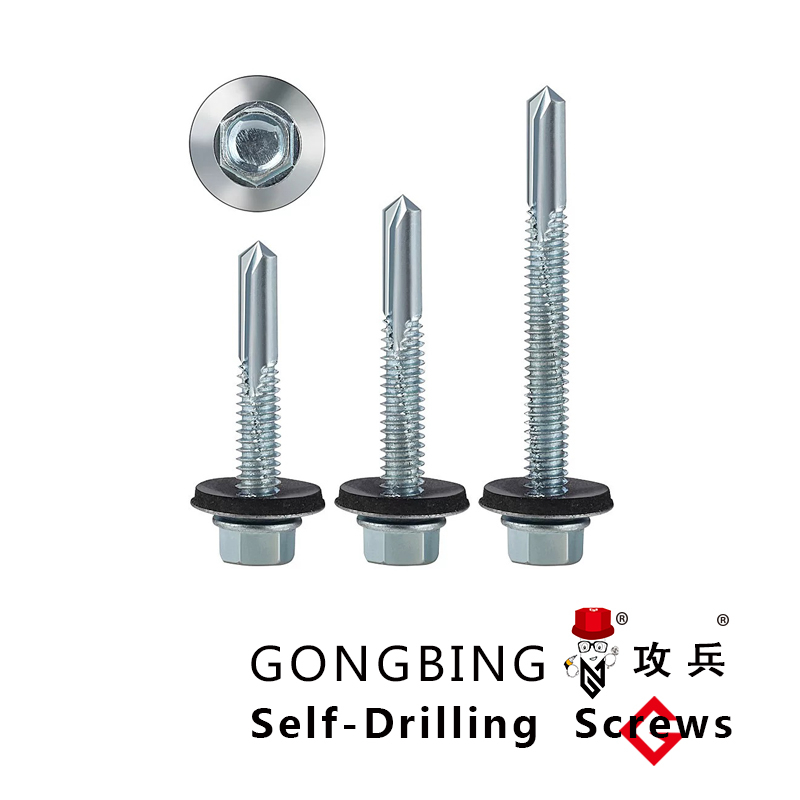heavy hex bolts
Understanding Heavy Hex Bolts A Comprehensive Guide
Heavy hex bolts are a type of fastener that plays a crucial role in various engineering and construction applications. They are characterized by their larger hexagonal heads, which provide a greater surface area for wrenches or sockets, facilitating easier installation and removal. This article will delve into the features, uses, and advantages of heavy hex bolts, as well as some considerations for their selection and application.
Features of Heavy Hex Bolts
Heavy hex bolts are designed with a larger head and thicker shank than standard hex bolts, making them suitable for heavy-duty applications. Typically, they follow the specifications outlined by the American Society for Testing and Materials (ASTM), specifically ASTM A325 and ASTM A490, which detail the mechanical properties necessary for high-strength fasteners. These bolts often come in various diameters ranging from 1/2 inch to 1 1/2 inches and lengths that can exceed 12 inches, providing a versatile option for many projects.
Another notable feature of heavy hex bolts is the quality of materials used in their manufacture. They are commonly made of carbon steel, stainless steel, or other alloys, which contribute to their strength, durability, and resistance to corrosion. The surface finish may vary, but options like galvanization or coating enhance their performance in adverse weather conditions.
Applications of Heavy Hex Bolts
These fasteners are widely used in heavy construction, machinery assembly, and structural applications. Some common uses include
1. Bridges and heavy load structures Heavy hex bolts secure beams and other structural components, ensuring stability and safety. 2. Industrial machinery The vibration and stress experienced by machinery necessitate strong fasteners to maintain operational integrity.
heavy hex bolts

Advantages of Heavy Hex Bolts
One of the main advantages of heavy hex bolts is their ability to provide high tensile strength, making them ideal for applications requiring load-bearing capabilities. Their larger head design allows for greater torque transfer without stripping, which shortens installation time and improves overall efficiency.
Furthermore, the material options available for heavy hex bolts mean they can be tailored to specific environmental conditions. For instance, stainless steel bolts can provide excellent corrosion resistance, making them suitable for marine or chemical environments, while galvanized options can withstand outdoor exposure.
Factors to Consider When Choosing Heavy Hex Bolts
When selecting heavy hex bolts for your project, consider the following factors
- Load requirements Ensure the bolts can handle the expected loads in your application. - Environmental conditions Choose materials and finishes that will resist corrosion and wear based on the surrounding environment. - Standards and codes Always adhere to relevant industry standards to guarantee the safety and efficiency of your construction or assembly.
In conclusion, heavy hex bolts represent a reliable and robust solution for various demanding applications. Understanding their features, benefits, and proper application can lead to enhanced project durability and safety. Whether in construction, manufacturing, or maintenance, heavy hex bolts undeniably play a pivotal role in modern engineering practices.
-
Weatherproof Plastic Expansion Anchors for OutdoorNewsJun.06,2025
-
Sustainability in the Supply Chain: Eco-Friendly TEK Screws ProductionNewsJun.06,2025
-
Load-Bearing Capacity of External Insulation FixingsNewsJun.06,2025
-
Double Head Bolts: Enhancing Efficiency in Industrial MachineryNewsJun.06,2025
-
Corrosion Resistance in Chipboard Screws: Coatings for Wholesale DurabilityNewsJun.06,2025
-
Butterfly Toggle Bolts : Enhancing Structural ResilienceNewsJun.06,2025
